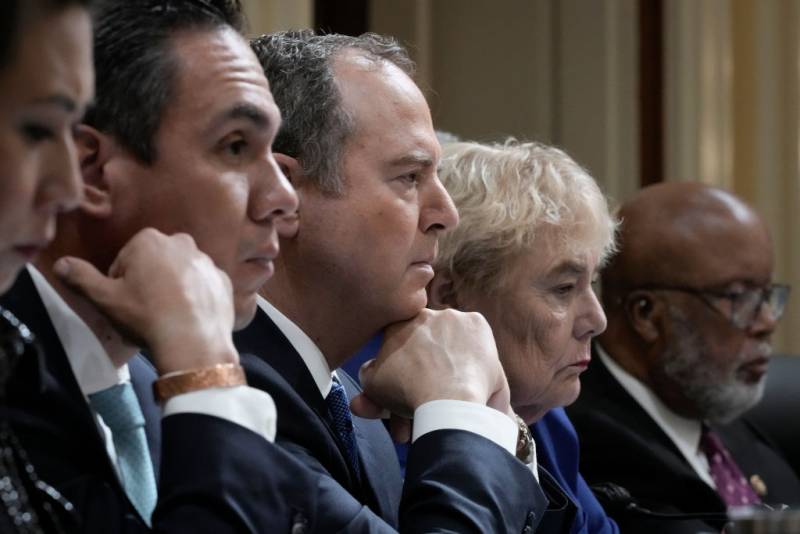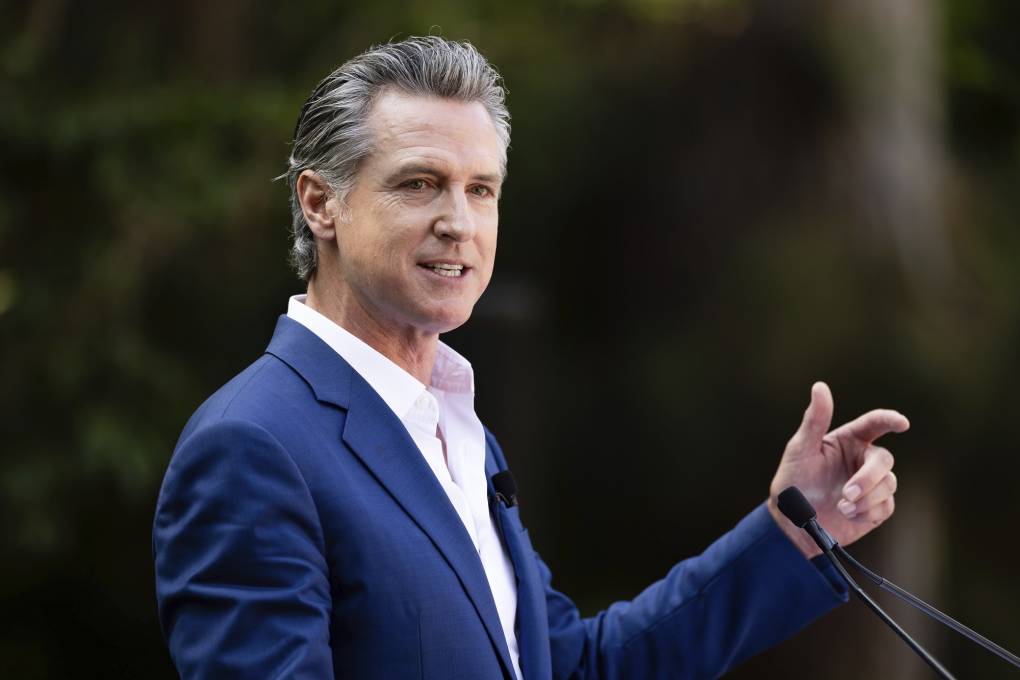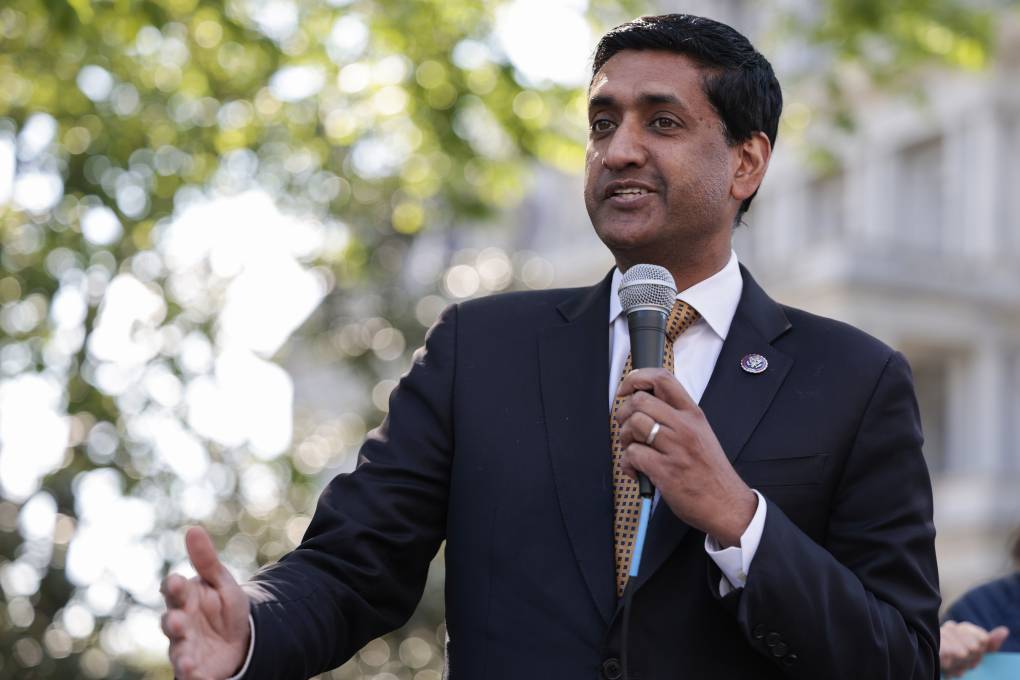However, as he begins his first term as senator, Schiff said his primary focus is on what he can get done for his home state.
“We have a lot of serious challenges that people talk to me up and down the state as I traveled to California during the campaign,” he said, going on to cite the state’s high cost of living, water and air quality, and wildfires. “My first priority is solving those problems, meeting the needs of Californians.”
Schiff isn’t alone. As blue state Democrats brace for the president-elect to be sworn in again, even those he’s named as political enemies, like Schiff and others on the Jan. 6 committee, say they won’t be the ones picking a fight.
Rep. Zoe Lofgren, who has represented a California district that includes San José for three decades, was also a member of the Jan. 6 committee. She said she hopes to continue working in a bipartisan manner, including on the Science, Space and Technology committee, where she’s the ranking member.
And Lofgren said that Republicans will likely need Democratic votes in the House because of their razor-thin majority.
“They’ve got a cadre of very right-wing Republican members who won’t vote yes on anything,” she said. “So they will, assuming they want to pass bills, and that may or may not be a good assumption, they will need Democratic votes, and we will give those votes if we have bills that also meet our priorities.”
Schiff noted that he’s already struck up a relationship with Montana’s incoming Republican senator, Tim Sheehy. The two met at an orientation for new members and are talking about where they can work together on wildfire policy.
“What I did in the House and what I’m doing in the Senate is you seek out people, identify areas of common interest and work on plans to address these problems,” he said, noting that he developed a similar working relationship with former Texas Rep. John Culberson, a staunch conservative.
“We were both deeply interested in NASA and space exploration and science. And for 18 years, we had an unbreakable partnership on those issues,” Schiff said. “We didn’t talk about all the things that divided us, like guns and abortion and the rest. We focused on the things that we had in common, and it was a very productive partnership. And I want to form those same kinds of relationships in the Senate.”
House Minority Leader Hakeem Jeffries is also striking a more placid tone. At a recent event hosted by the Commonwealth Club in San Francisco, he said that while Democrats will “draw a line in the sand” when it comes to issues like protecting abortion and Social Security, they’ll also work hard to find bipartisan common ground.
And in a sign of how things have changed since 2016, when Trump’s electoral college win came as a total shock, Jeffries said staying calm is a game plan for the left.
“We can’t fall into the trap of being outraged every day by the things that Donald Trump does because I’m convinced that it’s part of an intentional strategy to keep us distracted and not to communicate with the American people on the issues that really matter and will be decisive,” he said.
Democrats say they are ready to push back when needed. For example, Lofgren said they will turn to the courts if Trump tries to withhold disaster aid, as he did in his first term.
“The Democrats in California are the largest delegation … bigger than the whole delegation of any other state. And so we have members on every committee. We will have a say in everything that happens,” she said.
State leaders aren’t waiting for Trump to act. New York Gov. Kathy Hochul has assigned staff in her office to prepare for potential federal legal threats on issues including abortion access and gun control. Illinois Gov. JB Pritzker is promising to protect transgender treatment access and examining how his state can protect environmental laws and reproductive care.



